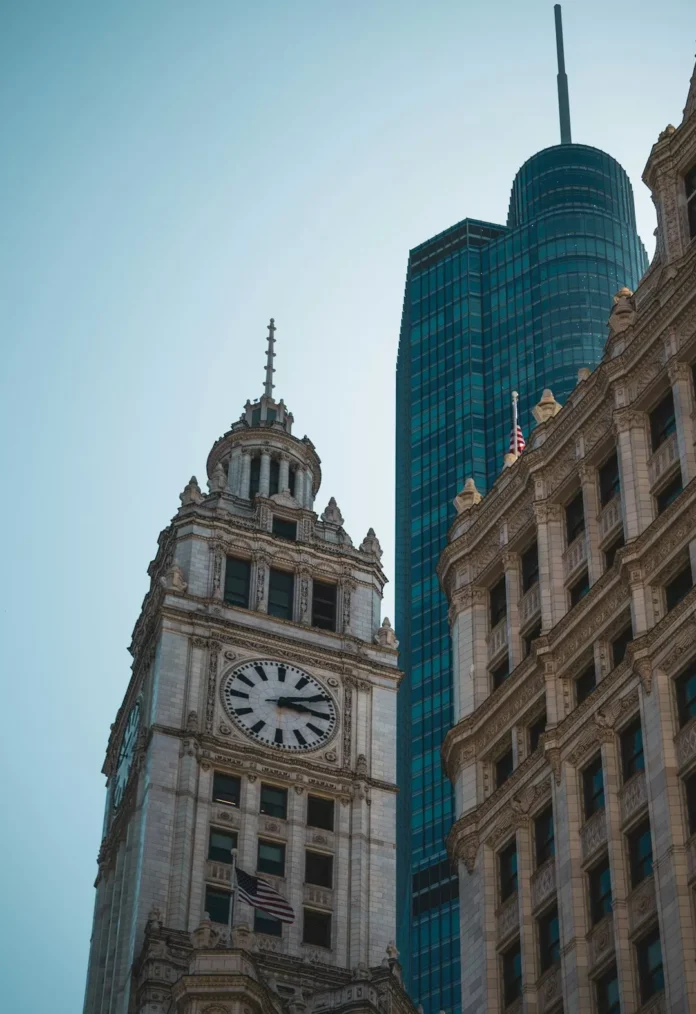Forming journalists is a crucial task in today’s media landscape. With the rise of fake news and sensationalized reporting, it is more important than ever to train journalists in the principles of ethics and integrity. One way to do so is through workshops, and the investigative journalism workshop “‘Ndrangheta stereotypes and reality” is a prime example of such an initiative.
The workshop, organized by the renowned journalist Claudio La Camera, aims to educate aspiring journalists on the topic of ‘Ndrangheta, a notorious mafia group based in Calabria, Italy. La Camera himself has extensive experience in reporting on organized crime and has even been investigated for his work. However, this has not stopped him from pursuing his passion for investigative journalism and shedding light on important issues.
The workshop is designed to challenge the stereotypes and misconceptions often associated with ‘Ndrangheta and provide participants with a more accurate and in-depth understanding of this criminal organization. Through a series of lectures, discussions, and practical exercises, the participants are exposed to the realities of ‘Ndrangheta and taught how to approach this complex topic with diligence and sensitivity.
One of the key factors that make this workshop unique is the involvement of real-life ‘Ndrangheta members. These individuals, who have turned their backs on the criminal organization, share their personal experiences and provide valuable insight into the inner workings of ‘Ndrangheta. This interaction humanizes the issue and allows the participants to understand the complexity of the situation better.
The workshop also focuses on the legal aspect of reporting on organized crime. The participants are educated on the legal implications of their work and how to navigate sensitive topics without compromising their safety or the integrity of their reporting. This is of utmost importance, especially considering the severity of consequences that journalists could face in reporting on powerful criminal organizations such as ‘Ndrangheta.
Moreover, the workshop provides a platform for aspiring journalists to network and learn from experienced professionals. The participants have the opportunity to interact with journalists, lawyers, and other experts in the field, gaining valuable insights and advice on how to navigate the world of investigative journalism. This not only helps to form a strong community of like-minded individuals but also encourages collaboration and the exchange of ideas.
The workshop also emphasizes the importance of highlighting positive experiences and stories. While ‘Ndrangheta may be commonly associated with violence and crime, there are also stories of resilience, courage, and hope within the community. By showcasing these positive aspects, the workshop aims to break the negative stereotypes and provide a more nuanced understanding of ‘Ndrangheta.
The impact of this workshop is evident in the work of its past participants. Many have gone on to report on organized crime in a more ethical and responsible manner, while others have even uncovered new information and contributed to ongoing investigations. This not only speaks volumes about the quality of the workshop but also highlights the importance of training journalists to report on sensitive issues with integrity.
In fact, the impact of the workshop goes beyond just journalism. The knowledge and skills gained by the participants can be applied in various fields, such as law enforcement, social work, and policy-making. This further reiterates the significance of this workshop in shaping the future of journalism and promoting a more accurate and nuanced understanding of ‘Ndrangheta.
In conclusion, the investigative journalism workshop “‘Ndrangheta stereotypes and reality” is a commendable initiative that aims to form journalists who can report on sensitive topics with ethics and integrity. Through its unique approach and experienced professionals, the workshop has proven to be a valuable learning experience for its participants. It is undoubtedly an essential step in shaping the media landscape and promoting responsible journalism.

